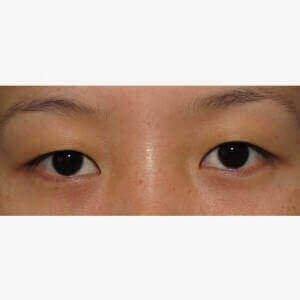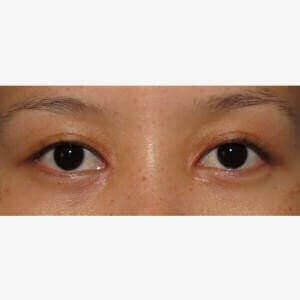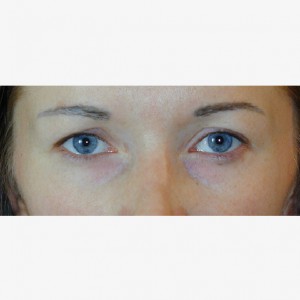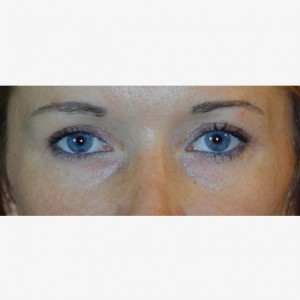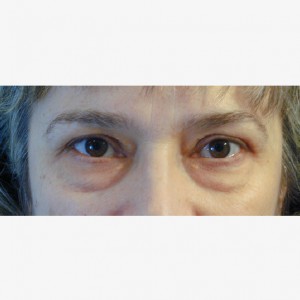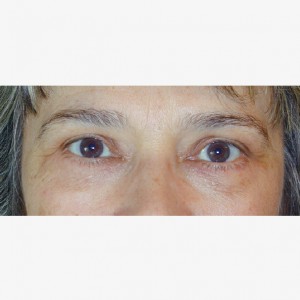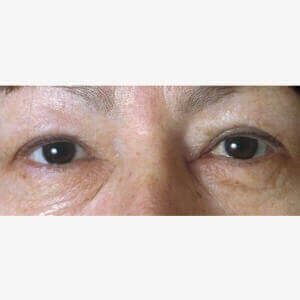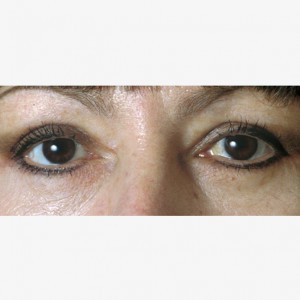Eyelid surgery
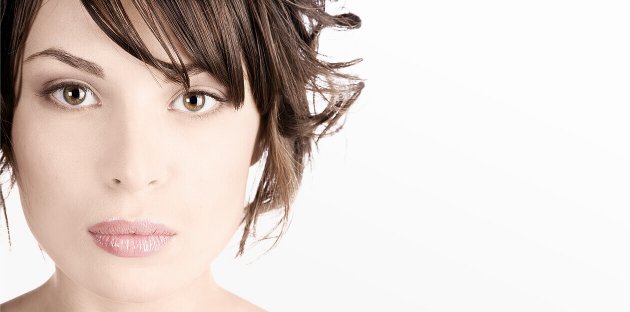
Ergebnisse unserer Chirurgie: Eyelid surgery
The eyes are essential for making facial expressions. The first visible signs of the natural aging process in the face are the accumulation of skin folds and mild swelling around the eyelids in the morning. Puffiness in the upper lids and folds of skin causing drooping eyelids, as well as tear sacs and deep creases in the lower lids, may create a bleary-eyed, sad or tired expression. Over time, drooping eyelids may also lead to lines developing in the forehead, as sufferers are found to raise their eyebrows to minimize the pressure on their eyelids.
Eyelid surgery aims to eliminate tired or sad expressions, whilst simultaneously enhancing the overall appearance of the face. To ensure this is possible, the patient’s eyebrows and forehead may need to be treated at the same time. It is, however, enough to correct the eyelids alone if they are the sole area betraying a patient’s true age in an otherwise youthful face. Eyelid surgery conducted by a qualified specialist results in a fresher, rejuvenated face without altering the patient’s overall appearance. The specific operation or combination of operations which will lead to the best results are explained and discussed in full during an initial consultation.
Procedure
If the upper and lower lids display the same level of aging, both should be treated to avoid facial disharmony. If patients have been suffering from drooping eyelids for a long time, they often have strained forehead muscles. These muscles relax following upper eyelid surgery, potentially leading to the eyebrows sinking and crows’ feet becoming more prominent. Undergoing a forehead lift at the same time helps prevent these undesirable side effects from occurring.
An upper lid procedure involves removing excess skin and any pockets of fat. This fat removal process can also be used to correct puffy, heavy upper lids. The incision is made along a naturally occurring fold of the skin, meaning the scar is not visible following healing.
The lower lid procedure is performed through an internal incision in the conjunctiva or through an incision made to the outer part of the eyelid. No visible scarring occurs if the incision is made through the conjunctiva. If the operation is performed externally, the incision is made directly under the eyelashes so that the scar is barely visible following the procedure. Excess skin and fat pockets can also be removed during lower lid surgery. The excess fat is often used to fill deep creases under the eyes. Additionally, slackened lower lid muscles are tightened if necessary, leading to a firmer upper cheek area. A laser can be used to lighten dark patches under the eyes and smooth surface wrinkles. Crows’ feet may be removed or minimized either through a forehead lift or by using botox.
